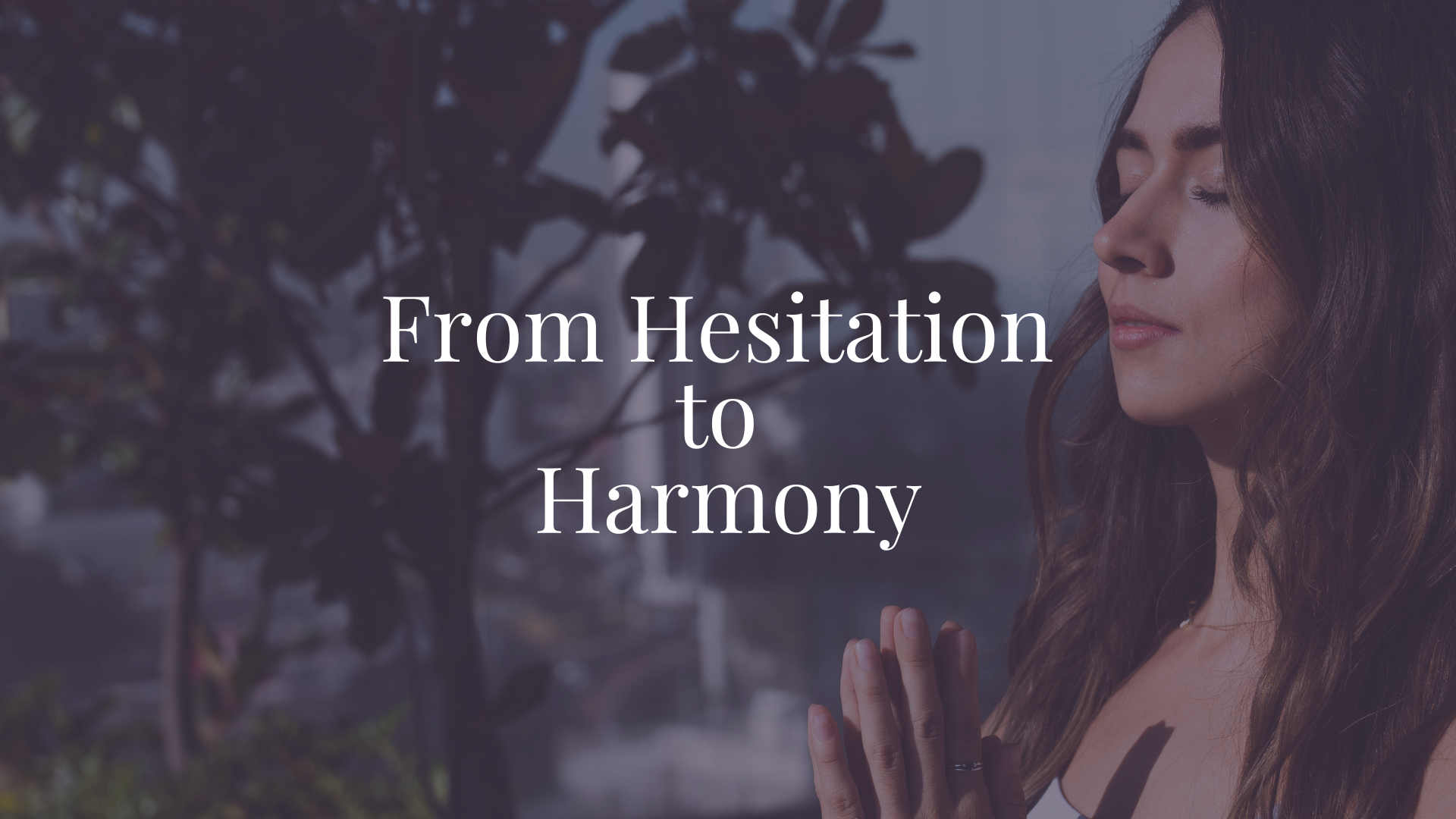Unlock Your True Voice With Affirmations & Afformations
Have you ever felt like your voice was stuck in the shadows—unsure of what to say or how to say it? Many heart-centered souls find themselves there, caught between self-doubt and a deep desire to express something more.
But what if you could move from feeling stuck to speaking your truth with ease and confidence?
Start with Affirmations
Many of my clients use affirmations to affirm their goals, dreams, and intentions. As Mary Jane says:
“For me, it’s just by starting out the day with the positive affirmations for myself... It really helps me to start the day on the right foot.” – Mary Jane McQueen
Affirmations help you ground yourself in positive beliefs. When practiced daily, they create a foundation of confidence and clarity that supports your voice and your actions.
Shifting the Questions, Shifting the Mindset
But what if we could take affirmations even deeper? One of the simplest, yet most powerful tools I introduce to clients is the practice of turning affirmations into questions—also known as afformations.
Instead of just repeating:
“My life is gradually unfolding.” – Shane
We can turn it into a question that invites your mind to seek positive proof:
“Why is my life gracefully and gradually unfolding?”
Instead of saying:
“Everything I need is provided to me at the exact right time.” – Amy Lanci
We can ask:
“Why is everything I need provided to me at the exact right time?” – Amy Lanci
These subtle shifts open the door to new perspectives and possibilities.
We all question ourselves, especially about the things that feel frustrating or challenging. For example, “Why am I so overwhelmed?” What we don’t realize is that we might be reinforcing overwhelm by asking that question over and over. Think about it—what does your brain do when you ask it a question? It looks for the answer. And if you ask, “Why am I so overwhelmed?”, it will find a reason why you are—maybe you have too much to do, you’re juggling too much, or people are demanding a lot from you.
Consider this: we can actually shift our mindset and motivation by becoming aware of the questions we’re asking ourselves and consciously turning them into positive ones that lead to resourceful answers. So, instead of “Why am I so overwhelmed?”, you could ask:
“Why is it getting easier and more fun for me to juggle work, play, and life?”
Instead of asking yourself negative, self-critical questions like:
“Why am I so indecisive?”
“Why am I so afraid to speak up?”
Shift to:
“Why is it so easy for me to trust my inner guidance?”
“Why is it safe for me to be kind to myself?”
“Why is it fun to explore my creative voice?”
This simple but powerful practice helps you turn negative self-questioning into positive self-questioning.
🌸 Nurturing the New You
Your potential is like a tender seed—one that needs warmth, sunlight, and care to grow. Most people won’t immediately see the new version of you that’s emerging. But you can.
By practicing daily affirmations, journaling, and moments of self-reflection, you nurture that seed into a vibrant, grounded presence.
It’s Not About Perfection. It’s About the Journey.
In a world obsessed with achievement, it’s easy to believe you need to “arrive” somewhere before you’re worthy of being heard. But here’s the truth:
“Just being you is absolutely enough.” – Aideen Ni Riada
You don’t have to be perfect. You just need to begin. To receive, so you can give. To trust your unique voice, so you can finally resonate with the people, opportunities, and creative projects you’re meant to attract.
Ready to Unlock Your Voice?
Book your Voice Activation Deep Dive session today.
In this 90-minute session, you’ll connect with your authentic voice, and create a plan for confident, heart-centered communication.
NOTE:
The idea of turning affirmations into empowering questions was pioneered by author Noah St. John, who coined the term Afformations in his book The Great Little Book of Afformations. The story goes that he had a moment of clarity in the shower—thinking about the phrase “Ask and you shall receive”—and realized that the brain responds more powerfully to questions than statements. That’s when he thought: “If our brain is always searching for answers, what happens when we ask better questions?”
